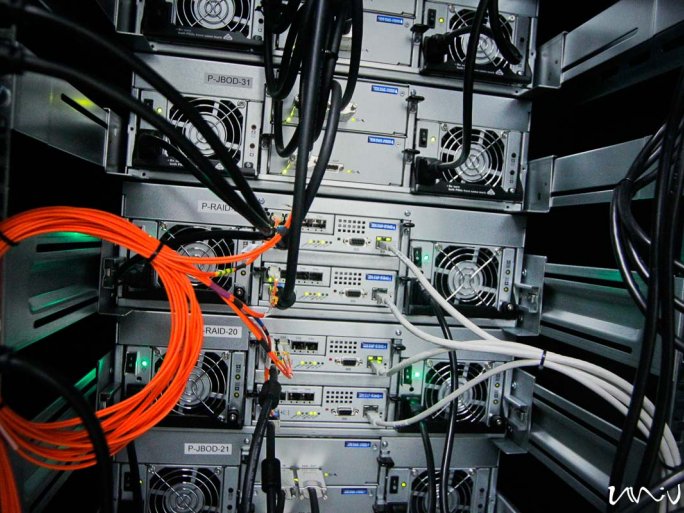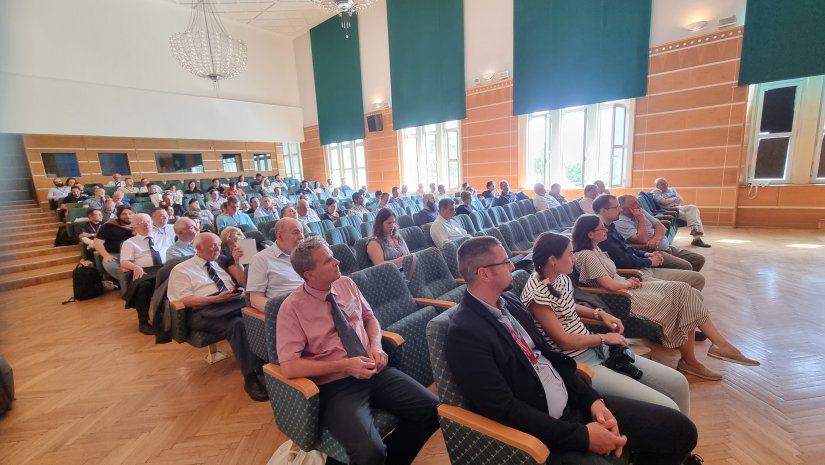Two students of UP Earth Sciences PhD Programme have won the first and second place at the Cyber Security Policies Conference on 25 May, which at the same time has been the final for the national research competition. In the finals, Nedim Márton El-Meouch and Henrietta Hegyi summarized their essays in the form of online presentations, which was broadcast live. We interviewed the winner, Henrietta Hegyi about her especially relevant research paper with the title “Modernization and Industrial Security after the COVID-19 Pandemic in Hungary”, about her views on the importance of cyber security policies and about individual responsibilities.

Your research covers an especially relevant topic, what was the reasoning behind your choice?
The aim was to create a pilot study, which I hope will prove useful from a practical point of view for the tender committee, but this was only the starting point.
I wanted to find out whether a modernization wave in the Hungarian industrial sector would follow the coronavirus.
It was also important for me not to solely rely on news and other secondary sources, but to ask the opinions of industry actors – since we are talking about current events.
In my opinion, industrial security has always been an important topic; however, it has become even more relevant to research because of the pandemic. The companies, which do not cut back on their modernization and innovation budgets may benefit more long-term; although not putting enough emphasis on security aspects during the process has its risks.
Thanks to cloud-based technology and 5G technology, the network of industrial devices has entered the cyberspace, which makes them vulnerable to various cyber attacks. In addition, the current transformation is happening rapidly on a large scale, which makes the job of security experts much more difficult.

Has the COVID-19 situation taught us any lessons in cyber security policies that are already apparent?
Professionals in the field cannot emphasize enough how important a factor the human variable plays during an attack.
Nowadays, large corporations use very complex hardware and software security systems that is simply not worth the effort for hackers to even try to crack. It is much easier for them to find an unsuspecting victim, through whom they can infiltrate the system and exploit its weaknesses from the inside.
The increased online presence of the workers, the lowered supervision, bringing home the devices and using them there all factors that might help criminals achieve their goals. We do not have to think about anything grand, even seemingly utterly insignificant factors can cause problems. If someone receives a suspicious email and they cannot immediately ask their co-workers about it, they are more likely to open it. Or for example if an employee utilizes their work pc for personal use or the other way around; that could cause problems as well.
It is a common misconception that only important people be targeted, however, assistants often are well worth targeting. This is exactly why the number of cyber-attacks has increased during the pandemic in Hungary as well. In the early stages of the epidemic, the number of attacks on meeting services rose as well. These cases may highlight for example, what we should pay more attention to when working from home becomes more and more common.






